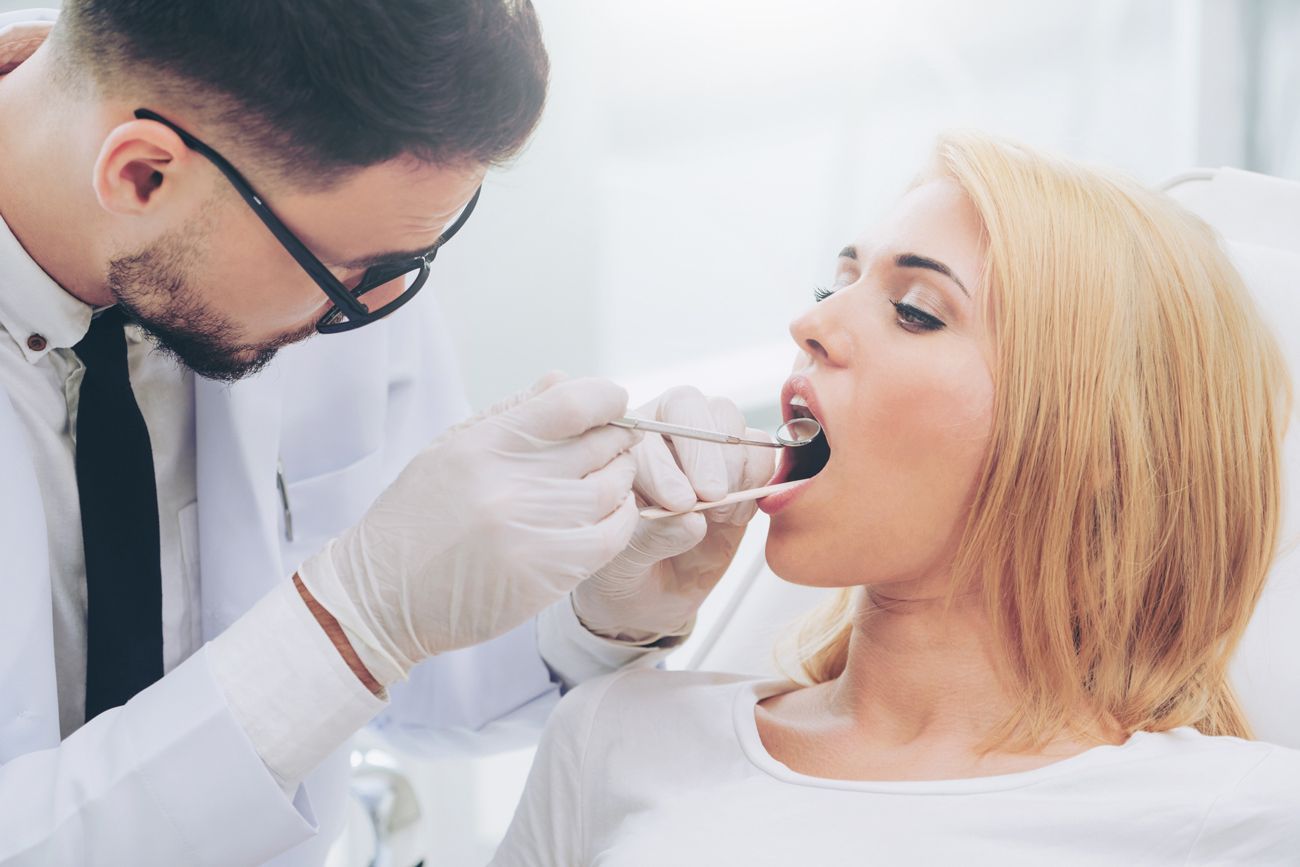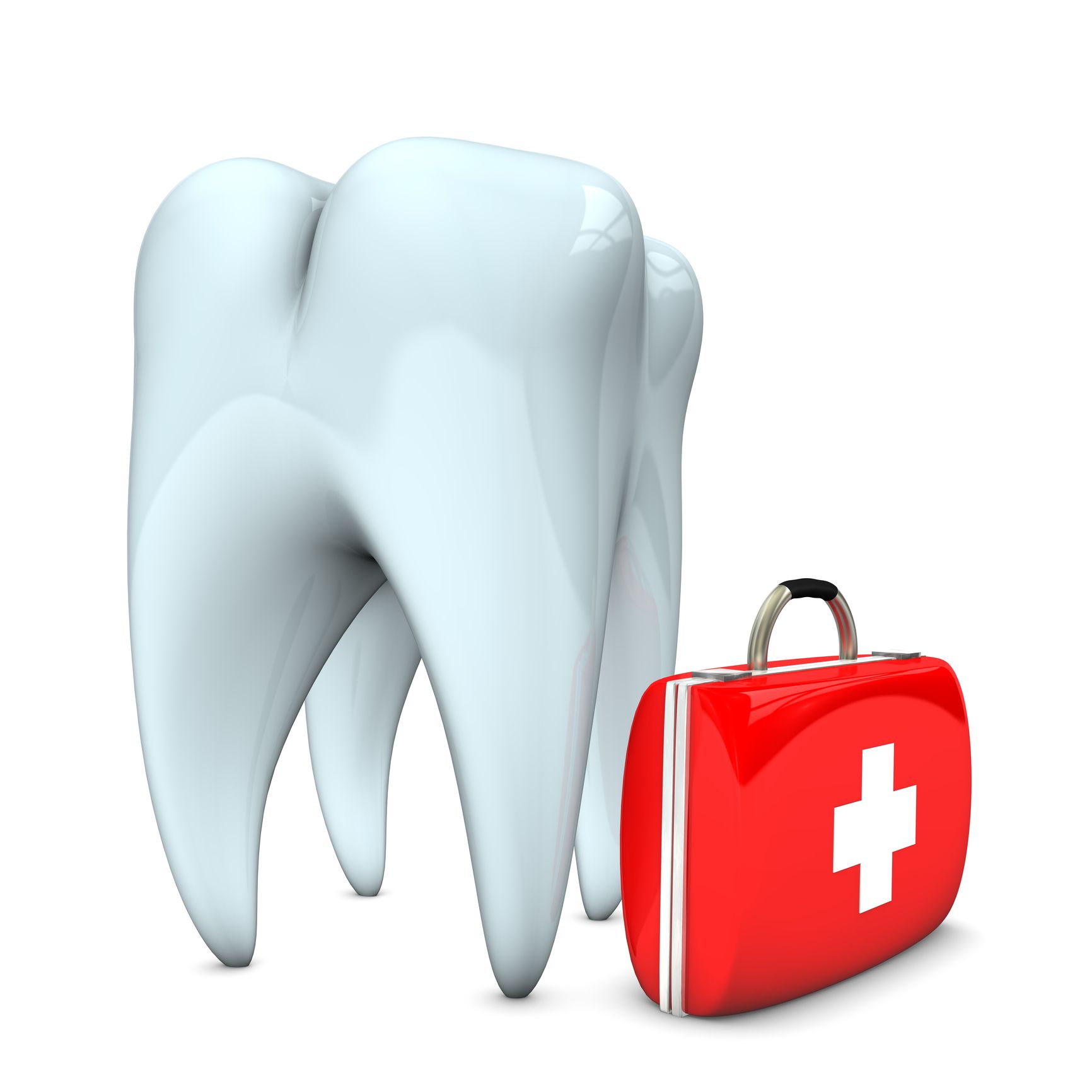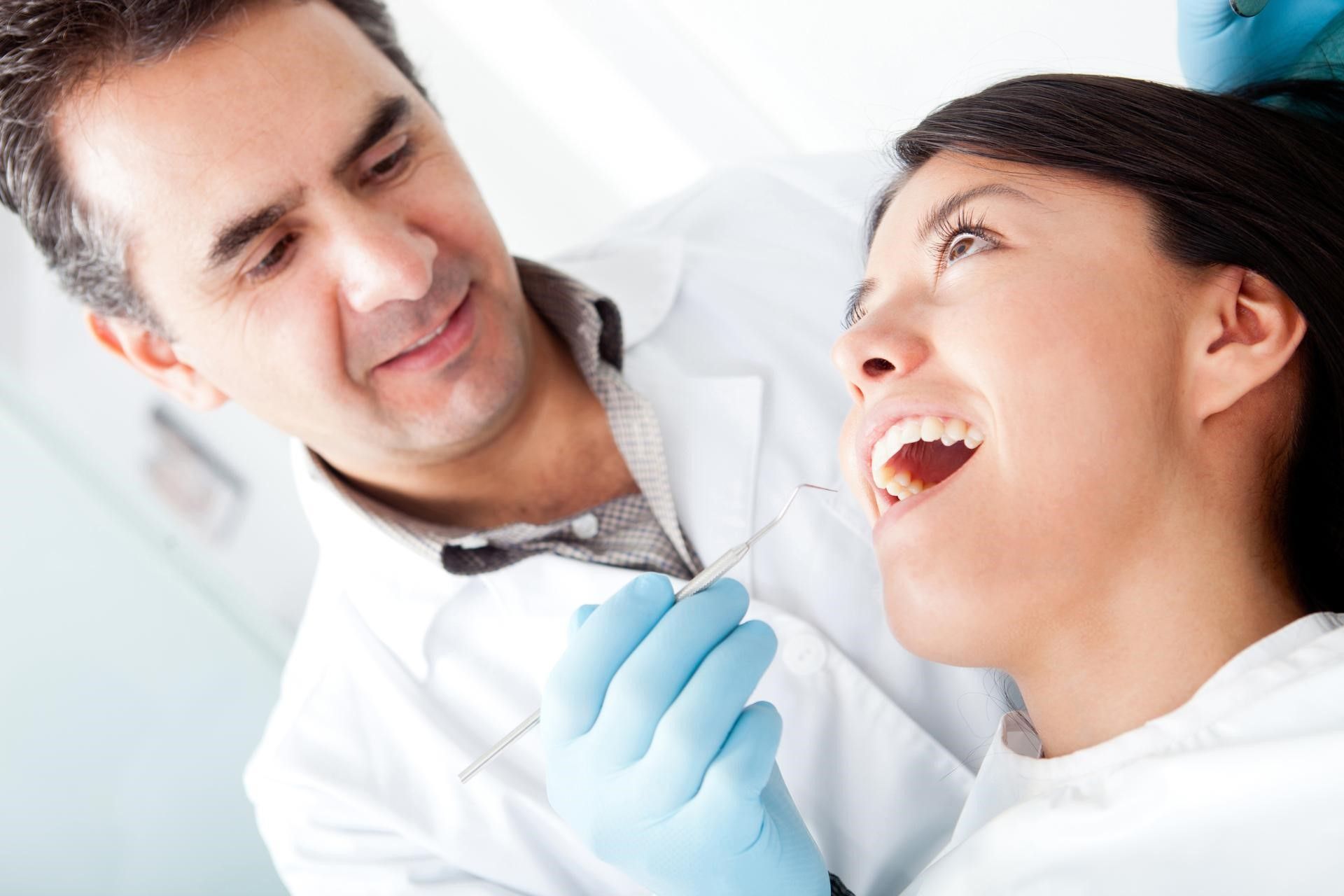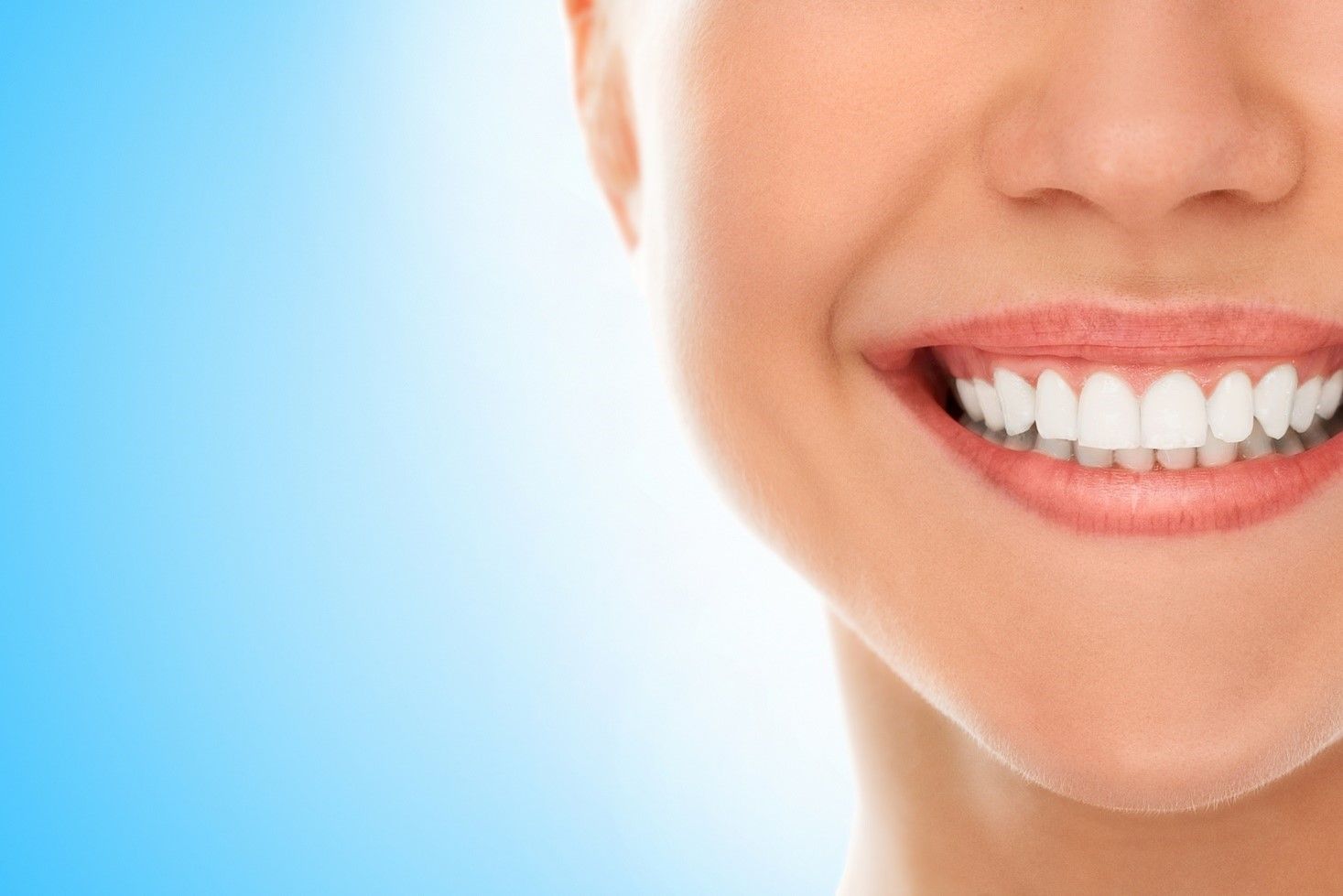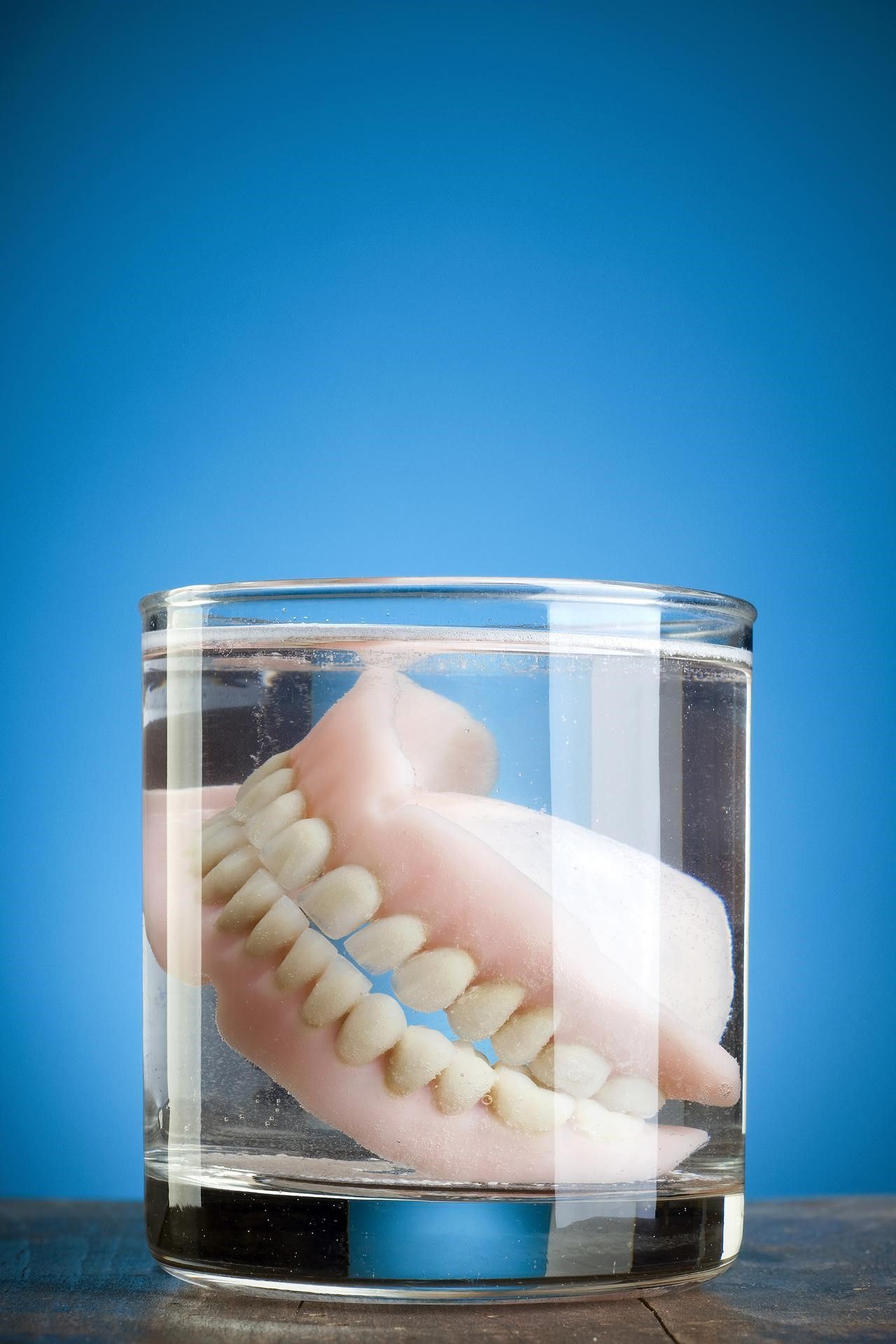5 Popular Diets and How They Can Affect Your Oral Health
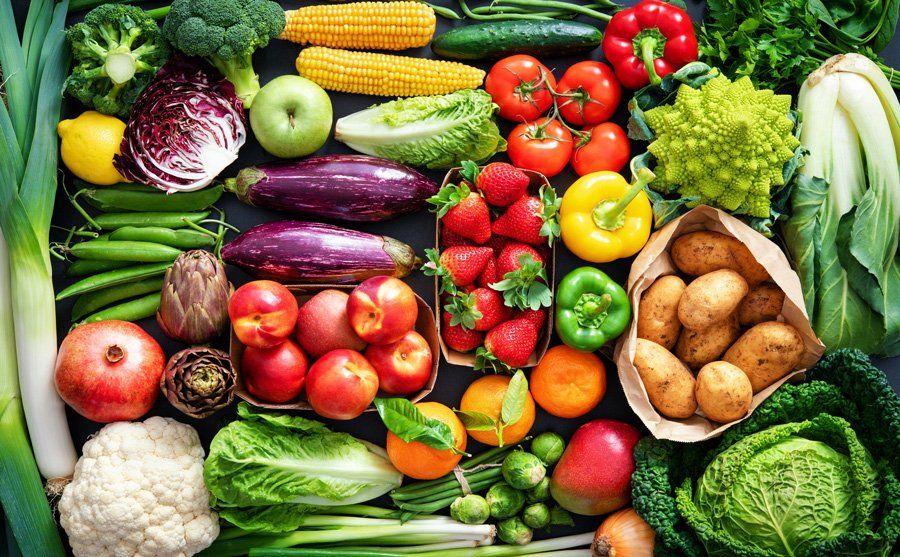
In today's world, you'll find weight-loss diets, fad diets, and dozens of other diets all offering great results for various problems. But even if you adopt a certain diet for an issue that’s completely valid and unrelated to dental health, it can still affect your dental health for better or for worse. Here are five popular diets and how they can affect your oral health.
1. Keto Diet
A keto diet is one that's extremely low in carbohydrates, which forces your body to start burning fat as fuel. Like the paleo diet, this low-carb diet can actually boost oral health in several ways. For example:
- Avoiding sugar and starchy foods means you don’t frequently expose your teeth to acid from sugar-eating bacteria.
- Fewer pathogenic overgrowth incidents in your mouth could also lower chances of gum disease since it's caused by bad bacteria as well.
- Reducing simple carbs and increasing vegetables and fruits may lower your body's inflammation levels, including gum inflammation levels.
However, it's not all positives with the keto diet, since there is one unpleasant side effect: bad breath.
2. Paleo Diet
In some situations, a paleo diet can improve dental health. That's because if you switch from a carb- and sugar-laden diet to one high in animal fats and vegetables, you'll likely be feeding your teeth and gums more of the things they need (such as collagen, fat-soluble vitamins, and nutrient-dense vegetables) and they'll likely spend less time under attack by acids.
However, there are a couple of areas of concern to consider. For one thing, a paleo diet doesn't include any dairy products. Dairy products are an important source of calcium, one of the best-known minerals for dental health. Be sure to discuss it with your doctor or dentist before going on a paleo diet long-term.
3. Gluten-Free Diet
If you have celiac disease, you absolutely need to be on a gluten-free diet for both medical and dental reasons. In addition to the typical digestive symptoms, celiac can cause oral health issues such as canker sores, enamel defects, and cavities.
But gluten-free diets are also useful to individuals with wheat allergies, non-celiac gluten sensitivity, and even seemingly unrelated inflammatory conditions. For example, a gluten-free diet may cause a reduction in endometriosis symptoms in 75% of cases.
However, keep in mind that just because something is gluten-free doesn't mean it's great for your teeth. You still need to pay attention to ingredients, reduce sugar intake, and stay on top of dental hygiene.
4. Vegan Diet
Some people are vegan by principle, while others follow this diet for health reasons. However, you'll need to keep in mind some specific nutrients that are traditionally obtained through animal products so you don't become deficient by mistake, as this could affect your oral health negatively.
For example, Vitamin K2 is found in animal products, specifically in the fat since it's a fat-soluble vitamin. Other fat-soluble vitamins, including Vitamin A and Vitamin D, are also crucial for dental health. These fat-soluble vitamins are critical for strong teeth and bones. And, like paleo, a vegan diet excludes dairy, meaning low calcium can be an issue as well.
5. Whole-Food Plant-Based Diet
Although similar to a vegan diet in some ways, a whole-food plant-based diet isn't quite the same. It's a bit more forgiving on the animal products angle. If you're on this diet, you focus on eating as much unprocessed food and as many plants as possible, in the process avoiding anything refined such as sugars or oils and animal products.
The avoidance of refined sugars and refined carbs can help reduce acid attacks on your teeth. And because you have the flexibility to eat small amounts of animal products, you're less likely to suffer fat-soluble vitamin deficiency or calcium deficiency. However, you still need to obtain most of your nutrients from plant sources.
What you eat is a big factor in dental health, so it makes sense that going on a special diet could affect your teeth. Be sure to talk to your dentist if you have any concerns about your dental health when going on a diet. Contact Eastland Dental Center & Professional Dental Center today to set up an appointment.
